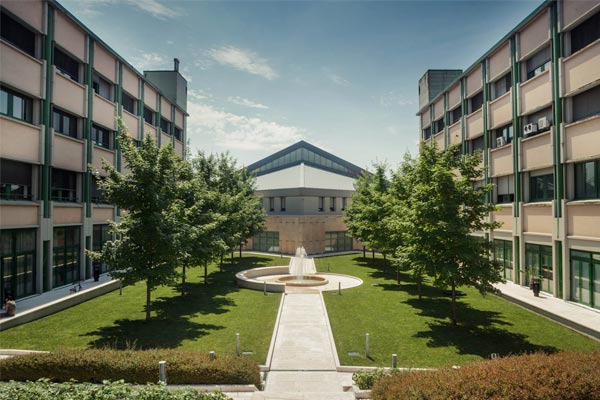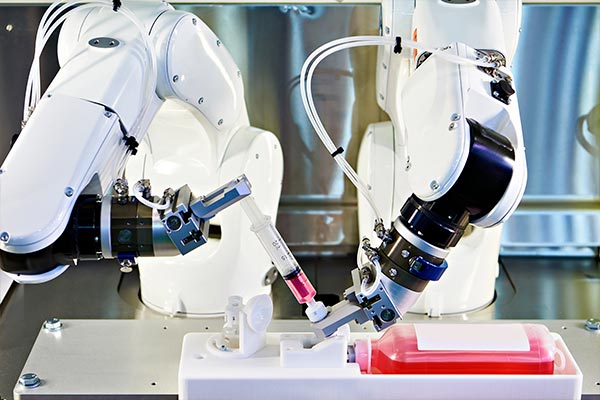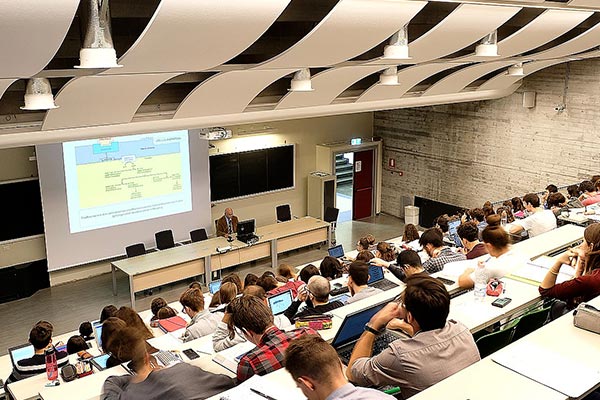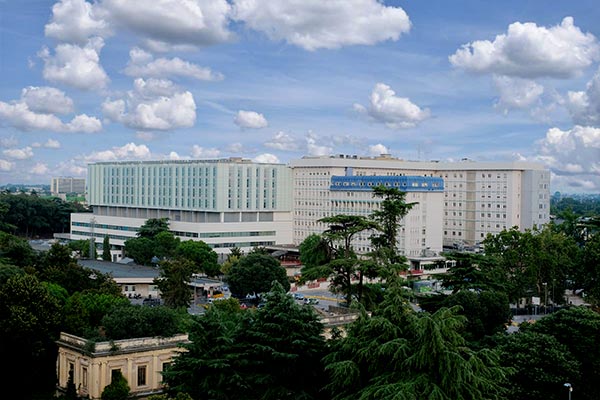Currently during a laparoscopic operation, several units of medical personnel are requested to stay in the operating
room for supporting the main surgeon teleoperating the surgical robot. In particular one assistant is always present
for taking care of simple surgical procedures (e.g. aspiration of dead tissue after a cut in laparoscopy, moving organs
or tissue to make room for cutting or suturing) that the leading surgeon cannot perform with the laparoscopic tools s/
he is teleoperating. It is common that an expert surgeon has to play the role of an assistant during an operation led by
another surgeon.
Furthermore, the assistant is performing critical tasks only for the 30% of the time of the operation and s/he has to
stand, waiting, most of the time. Considering the hourly cost of a surgeon, the current practice is very inefficient from
an economic point of view but also from a social point of view, leading to unnecessary long waiting lists.
The goal of the project is to develop a surgical robotic platform that allows to decrease the number of surgeons
necessary for one operation, increasing the social and economic efficiency of a hospital and guaranteeing the same
level of safety for the patients. We will focus on laparoscopic surgery, where the surgeon is teleoperating a surgical
robot for executing some procedure (e.g. nephrectomy, prostatectomy). The goal of the project is to develop a surgical
robotic platform that allows only one surgeon to execute R-MIS operations. SARAS will develop:
1. two assistive robotic arms designed to implement the tasks currently done by the assistant surgeon by holding offthe
shelf laparoscopic instruments,
2. a cooperative and cognitive supervisor system able to infer the actual state of the procedure by analysing the
information coming from the sensing system and to act accordingly with the surgeon’s needs.
Having these technologies available we are in a position to develop a solo surgery system.







